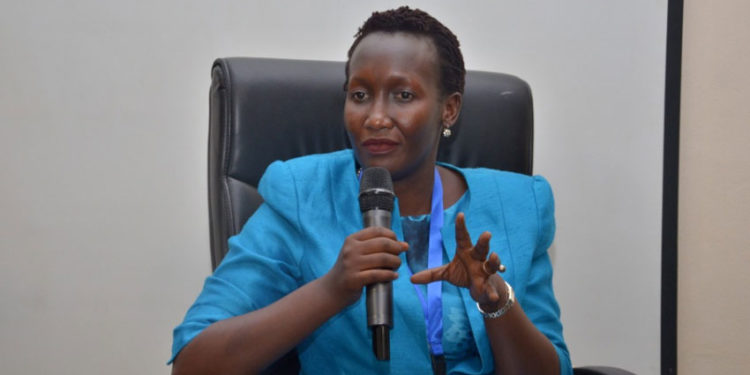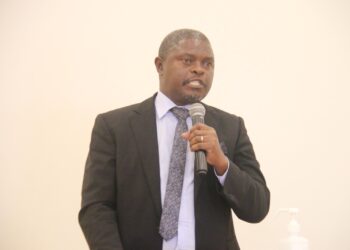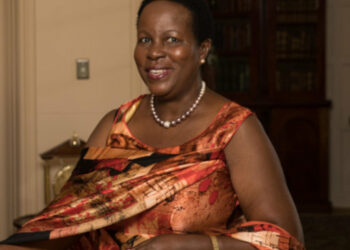The revision of the licensing framework for radio broadcasting has been necessitated by the realisation that the current regime is outdated and out of touch with new realities, the Uganda Communications Commission (UCC) has explained.
In line with the new licensing framework, all radio broadcasters in Uganda are required to submit fresh applications for radio broadcasting licenses of their choice by July 31, 2020.
In addition to providing for different license fees for commercial and communal broadcasting services, the new framework also provides for a five-year license as opposed to the previous one, which was only valid for one year.
Over the years, the current licensing framework has been rendered inadequate by the changing technology, including broadcasting services. For instance, the new regime aims to facilitate the convergence of technology, allowing for harmonisation of service provider licences whereby operators can provide various services using the same licence.
Licensing of providers of communication services is one of the core functions of UCC under section 5(1) (b) of the Uganda Communications Act 2013.
UCC Ag. Executive Director Irene Kaggwa Sewankambo said in a brief to radio broadcasters last month that the changes have been necessitated by the need “to foster a more enabling environment for the provision of radio broadcasting services in Uganda” in accordance with sections 5(1)(b), 6(1)(e) and 39 of the Uganda Communications Act 2013.
To facilitate a seamless transition to the new framework, Ms Kaggwa Sewankambo wrote, “all existing radio broadcasters are accordingly invited to submit an application for the radio broadcasting license they wish to hold under the new licensing regime.”
However, existing operators will not be charged license application fees and initial entry fees for the respective licenses they apply for. They will only pay for the applicable license fees.
In her brief, the UCC Executive Director reminded radio broadcasters that “possession of a valid license issued in accordance with Section 27 of the Act is a prerequisite for the grant of rights to use radio frequency spectrum.”
Through this revision, the radio broadcasting licence is being expanded to include general clauses that are applicable to all public service providers.
The switch from a one-year to five-year license was precipitated by the need to improve the licensing process. Given the growing number of operators spread across the country, having to renew the radio license every year has proven to be unrealistic for not only the provider but also the Commission.
The one-year license is also unfavourable for operators who might be interested in seeking finances to expand their business as financiers are unlikely to be keen on lending to a business with a short-term license.
License fees have been revised too, with the annual license fees for commercial radio, Tier 1 (national radio) fixed at Shs 7m, and Tier 2 (Kampala region) at Shs 5.6m. Annual licence fees for Tier 3 (regional cities) are at Shs 4.2m and Tier 4 (rest of the country) at Shs 3.5m.
Community radio, on the other hand, is to pay Shs 1.4m in annual license fees.
The revised fees structure constitutes a reduction in sums payable from the current framework, under which annual fees range from Shs 10m – Shs 2m.
Do you have a story in your community or an opinion to share with us: Email us at editorial@watchdoguganda.com












